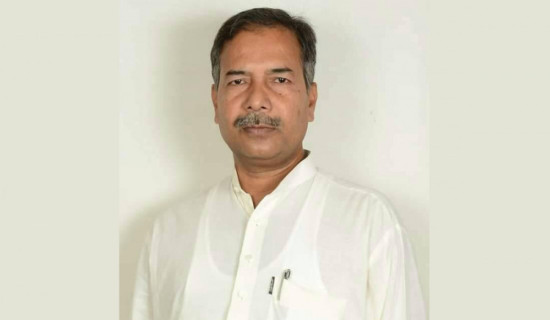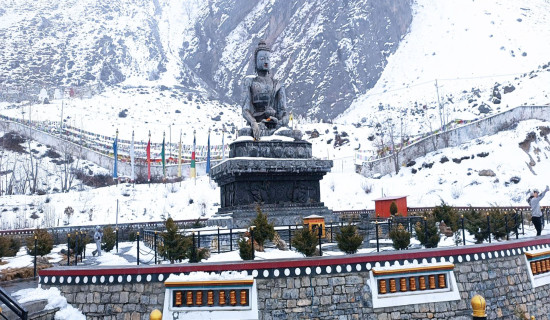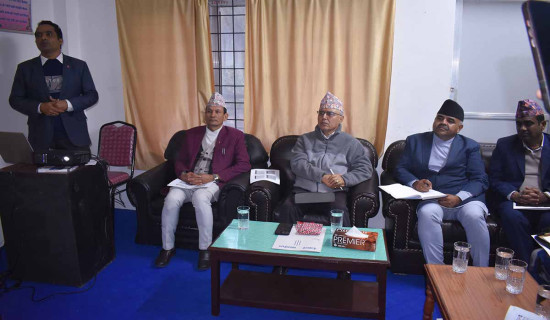- Thursday, 5 February 2026
Bangladesh balances energy needs with climate
Rampal, Bangladesh, Nov. 10: Fish, rice, mangrove trees and the lush delta wetlands where the massive Ganges, Brahmaputra, and Meghna rivers drain into the Bay of Bengal.
It’s not luxury. But for the farmers and fishermen who live by the world’s largest mangrove forest, it’s more than enough. Now, the environment is at risk.
A power plant will start burning coal near the Sundarbans this year as part of Bangladesh’s plan to meet its energy needs and improve living standards, officials say. Home to 168 million people, Bangladesh is among the most densely populated countries in the world. Once the power plant begins functioning at its full capacity, it will generate 1,320 megawatts of power, as much as Bangladesh’s largest coal power plant generates now.
The developing world needs its people to live better. But fossil fuel-powered economic growth can create environmental problems and make lives worse.
Popularly called the Rampal coal power plant, the Maitree Super Thermal Power Project will burn some 4.7 million tons of coal annually, emitting about 15 million tons of carbon dioxide and other planet-warming gases. Plus, some 12,000 tons of coal will be shipped by boat through the Sundarbans each day, prompting fears of water pollution. Low-lying Bangladesh is already hit by tropical cyclones and rising seas and millions are at risk of being displaced by flooding and other extreme weather. Just two weeks ago, 24 people died, 20,000 people were marooned, 10,000 people lost their homes and 15,000 acres of crops were destroyed by the tropical cyclone Sitrang.
“If it turns out bad, we will have to sell our properties and migrate,” farmer Luftar Rahman said. Top scientists say there can be no new fossil fuel projects if the world is going to limit warming to the 1.5 degree Celsius (2.7 Fahrenheit) temperature goal set in the Paris Agreement. Even though it is among the lowest-emitting nations in the world, Bangladesh has pledged to reduce its overall emissions by 22% by 2030. The building of this coal spewing power plant is likely to hinder the nation's efforts to reduce its emissions.
But in October, around 80% of the country suffered a blackout for seven hours as a result of the country's power grid collapsing. Such blackouts and long power cuts, sometimes for as long as 10 hours a day, affect businesses including the garment industry, which accounts for 80% of exports. Bangladesh is the world’s second-largest garment exporter, after China. (AP)

















